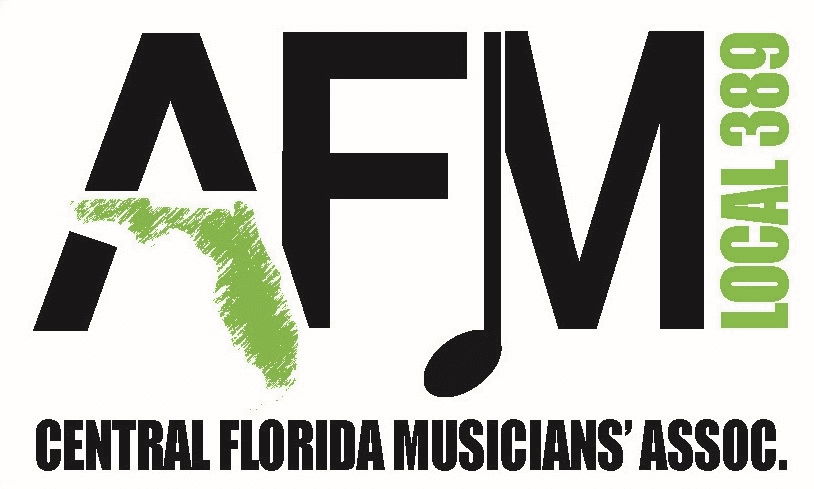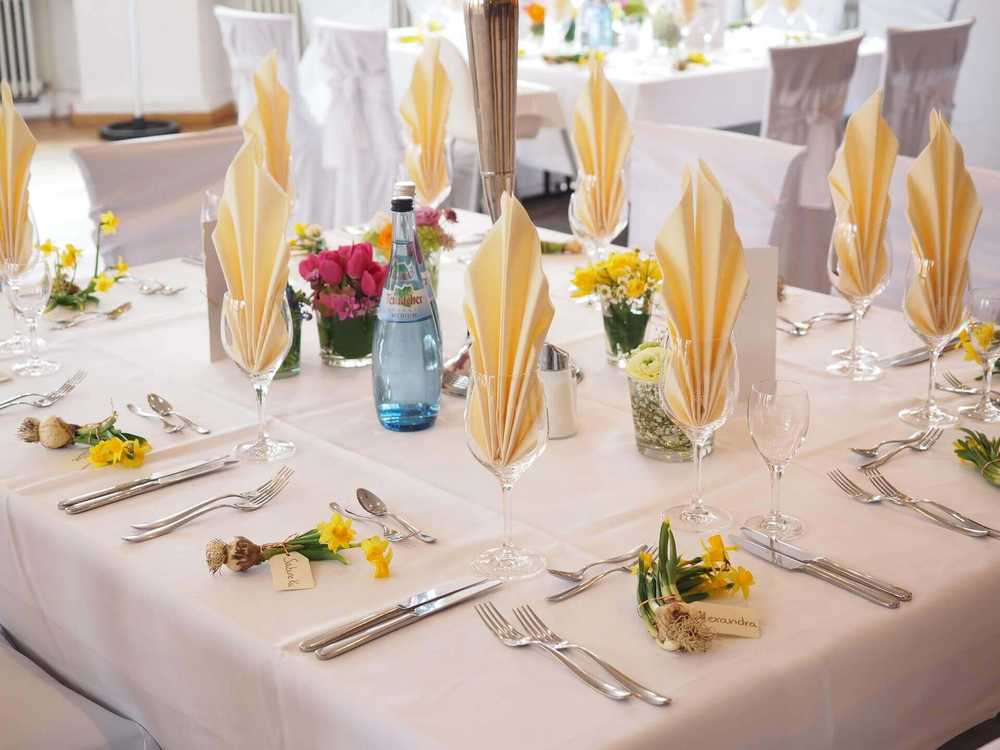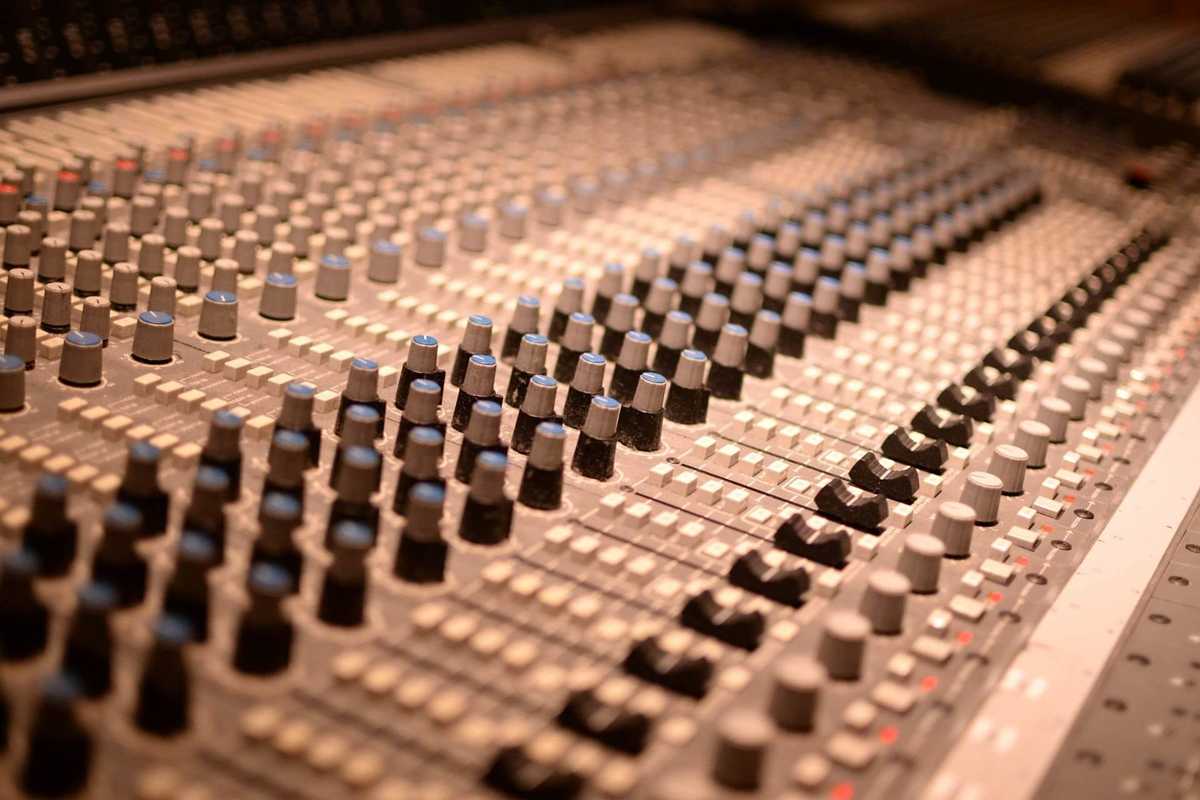Aug 29, 2019
By Howard Herman
Playing dinner music is not the same as playing a concert. You are not there to be heard, although some guests may choose to listen and enjoy your performance. You are there to provide background music and play requests (like Happy Birthday, key of F), if asked. A pianist, no matter how well one plays, is really in the business of crowd control.
Here are some tips based on over half a century of playing experience:
- The faster you play, the faster they eat. Fast tempos are reserved for receptions and cocktail parties. Let them savor their food.
- Play something they can recognize. Any of the great American standards or well-written contemporary music that doesn’t suffer from obscurity will do. Think melodically. I’m sure you can make up something that will amaze and amuse you, but this is like cooking with spices. Too much can overwhelm and distract.
- Listen. You are a soloist who is now playing in a Duo. The audience is the other instrument. As you play, listen to them. Can you hear them talking to each other? They have come to your venue to have an expensive meal and dinner conversation. If you can't hear them (not every single word), you are playing too loud. It’s better to be asked to turn up than to leave.
- Think orchestrally. Every instrument has a tessitura or range in which most of its notes occur. Do not mask or obstruct the most important member of the duo (your audience). You do this by using high and low notes. Try to stay out of the mid-range or conversationalists in ear shot will have a hard time understanding each other. Your benefactors will not enjoy themselves and most of them won't know why.
- Programming your repertoire means more than deciding the order of your selections. I once had a sideman job, playing in a trio at a local restaurant (five nights a week). The owner loved to sing with the band. He wasn’t bad, but was a creature of habit. Every night he would get up on the bandstand at the same time and sing the same songs in the same way. You could set your watch to him. If it’s 9:32 p.m. it’s “My Way.” The place went out of business after about six months and, while there were many reasons, I’m sure this was one of them. Heed this warning! If you are doing a steady gig, vary your songs each night. Try to vary the keys of your songs as well. After a while the sameness of one key becomes boring no matter how well you play.
- Want to be a steady fixture at that fancy eatery you're in? Be respectful to all, especially your captive audience: the wait staff. If they can't communicate with the eight hungry guests at table six, you are in trouble. Make auditory adjustments to help them out. And stay out of the kitchen. You are not the health inspector!
- Be aware of the environmental factors playing havoc with sound and balance. Fabrics absorb sound (curtains, rugs), hard surfaces reflect it (mirrors, wood). Other things adding to the level of noise could be water features (fountains), and the number of people in the room.
- Know your holiday songs and be prepared to do sing-a-longs. Keep those songs in the treble staff to E (top space) so everyone can sing them with ease .
- A beautiful venue might have not have a piano worthy of your professional skills. If you wish to play in the cracks, that’s up to you. It’s not my first choice. If need be, bring a good sounding electronic keyboard and the best sound system you can afford. NEVER set up wearing street attire. Even though you are not yet playing, you are “on stage.” Your image is important from the moment you walk in the door.
- Be prepared to play at least 40 well-executed pieces in three hours (with breaks). Smile, and remember you are also in the hospitality business.




